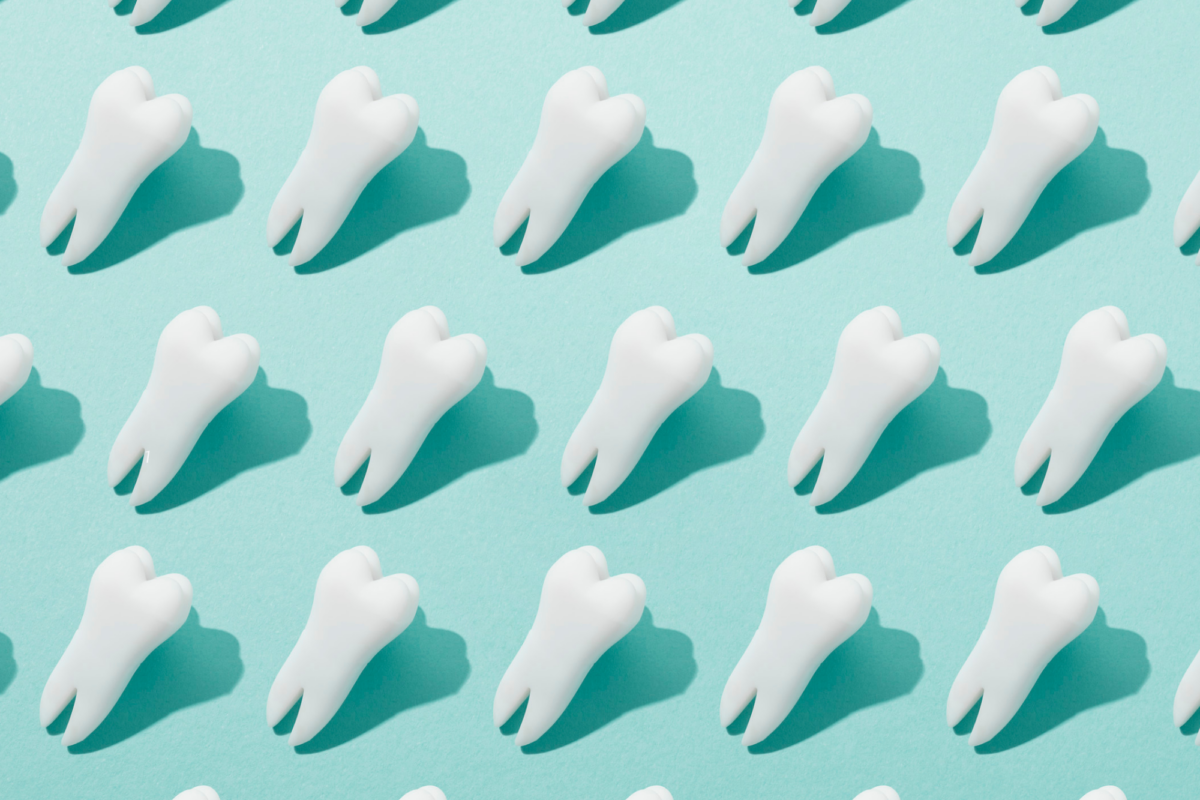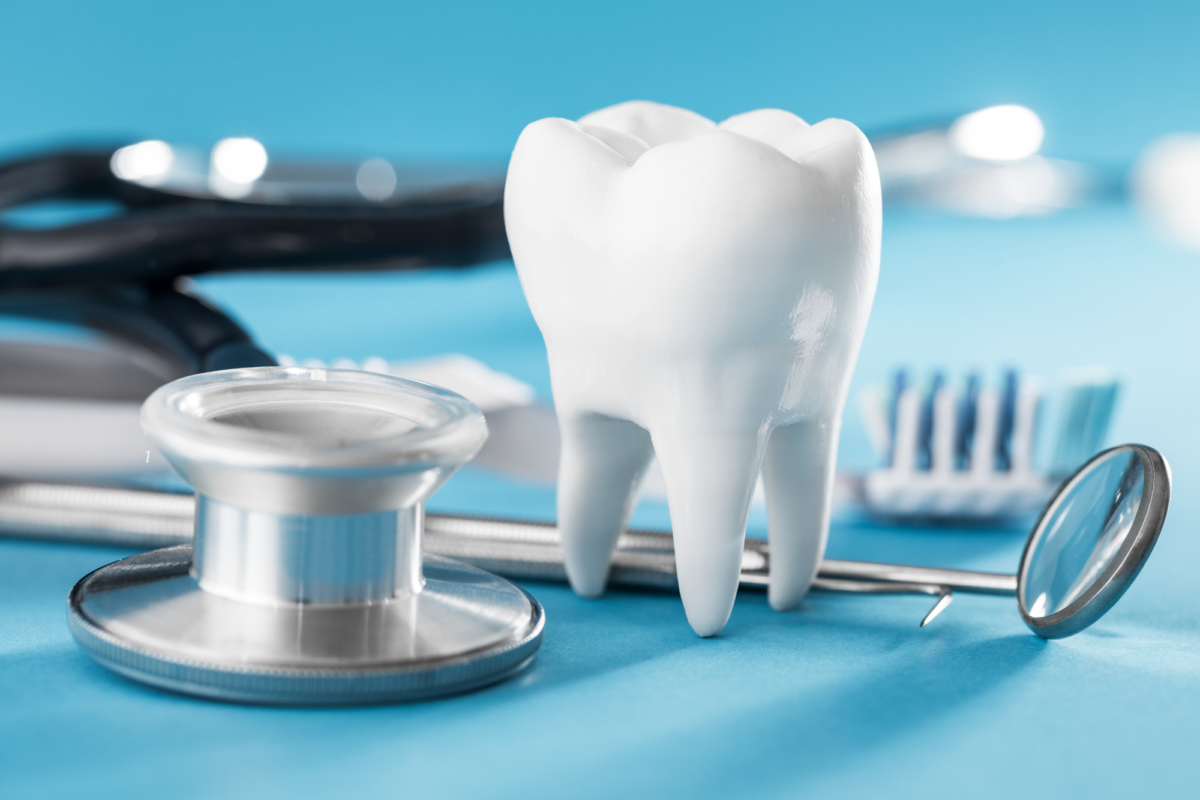The Mouth-Body Connection: How Dental Health Impacts Overall Well-being

Your mouth is more than just a gateway to your digestive system; it’s a window into your overall health. Research continues to uncover the intricate connections between dental health and the well-being of the entire body. As a dentist, I’m passionate about educating my patients on the profound impact that oral health can have on their overall quality of life. Let’s explore the fascinating link between dental health and whole-body health:
Oral Health and Systemic Diseases
Numerous studies have established correlations between poor oral health and various systemic conditions, including heart disease, diabetes, stroke, respiratory infections, and pregnancy complications. Chronic gum disease, in particular, has been linked to inflammation and increased risk factors for these conditions, highlighting the importance of maintaining healthy gums as part of overall disease prevention.
Inflammation and Immune Response
The mouth serves as a gateway for bacteria and pathogens to enter the body, and chronic oral infections can trigger systemic inflammation and compromise the immune system’s ability to fight off infections elsewhere in the body. Conversely, systemic conditions such as diabetes can impair the body’s ability to control blood sugar levels and increase susceptibility to oral infections, creating a bidirectional relationship between oral health and systemic health.
Cardiovascular Health
Mounting evidence suggests that oral health may play a role in cardiovascular health. Gum disease, characterized by inflammation and bacterial infections in the gums, has been linked to an increased risk of heart disease, stroke, and atherosclerosis (hardening of the arteries). The inflammation caused by gum disease may contribute to the development and progression of cardiovascular conditions, highlighting the importance of maintaining good oral hygiene for heart health.
Respiratory Health
Poor oral health, particularly gum disease, has been associated with an increased risk of respiratory infections such as pneumonia and chronic obstructive pulmonary disease (COPD). Bacteria from the mouth can be aspirated into the lungs, leading to inflammation and infection. Maintaining good oral hygiene habits, including regular brushing, flossing, and dental checkups, can help reduce the risk of respiratory infections and promote overall respiratory health.
Pregnancy and Infant Health
Pregnant women with untreated gum disease may be at higher risk of complications such as preterm birth, low birth weight, and preeclampsia. Poor oral health during pregnancy has also been linked to an increased risk of cavities and gum disease in infants. Pregnant women should prioritize oral hygiene and regular dental checkups to support their own health and that of their developing baby.
Conclusion
The mouth-body connection underscores the importance of prioritizing oral health as an integral part of overall wellness. By maintaining good oral hygiene habits, seeking regular dental care, and addressing oral health issues promptly, you can not only preserve your smile but also safeguard your overall health and well-being. Remember, a healthy mouth is a key component of a healthy body, and investing in your dental health today can pay dividends for years to come.
